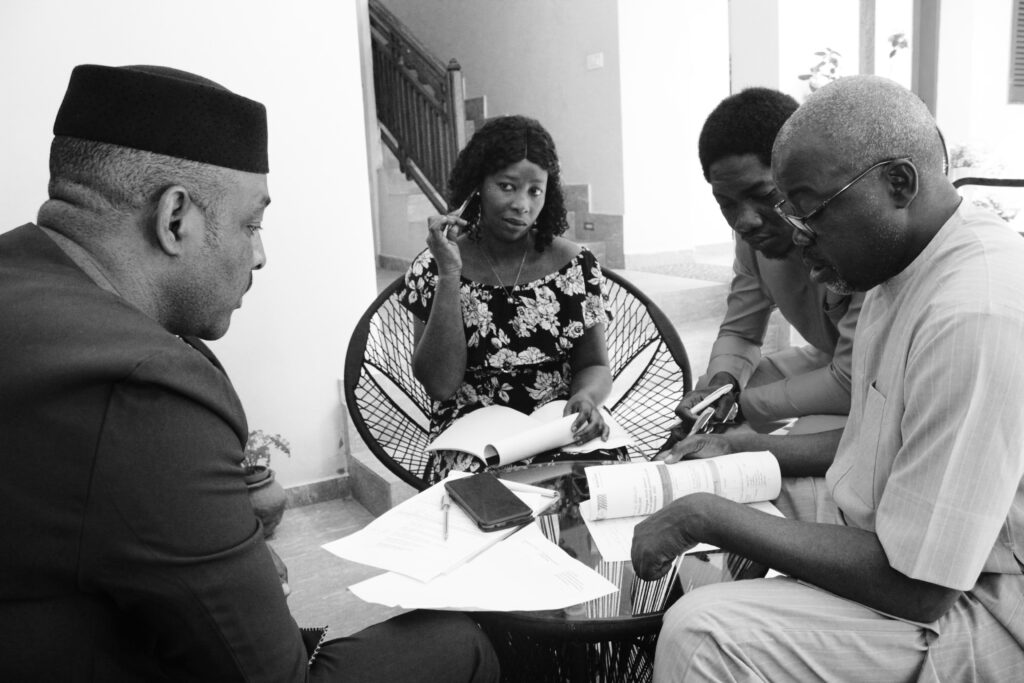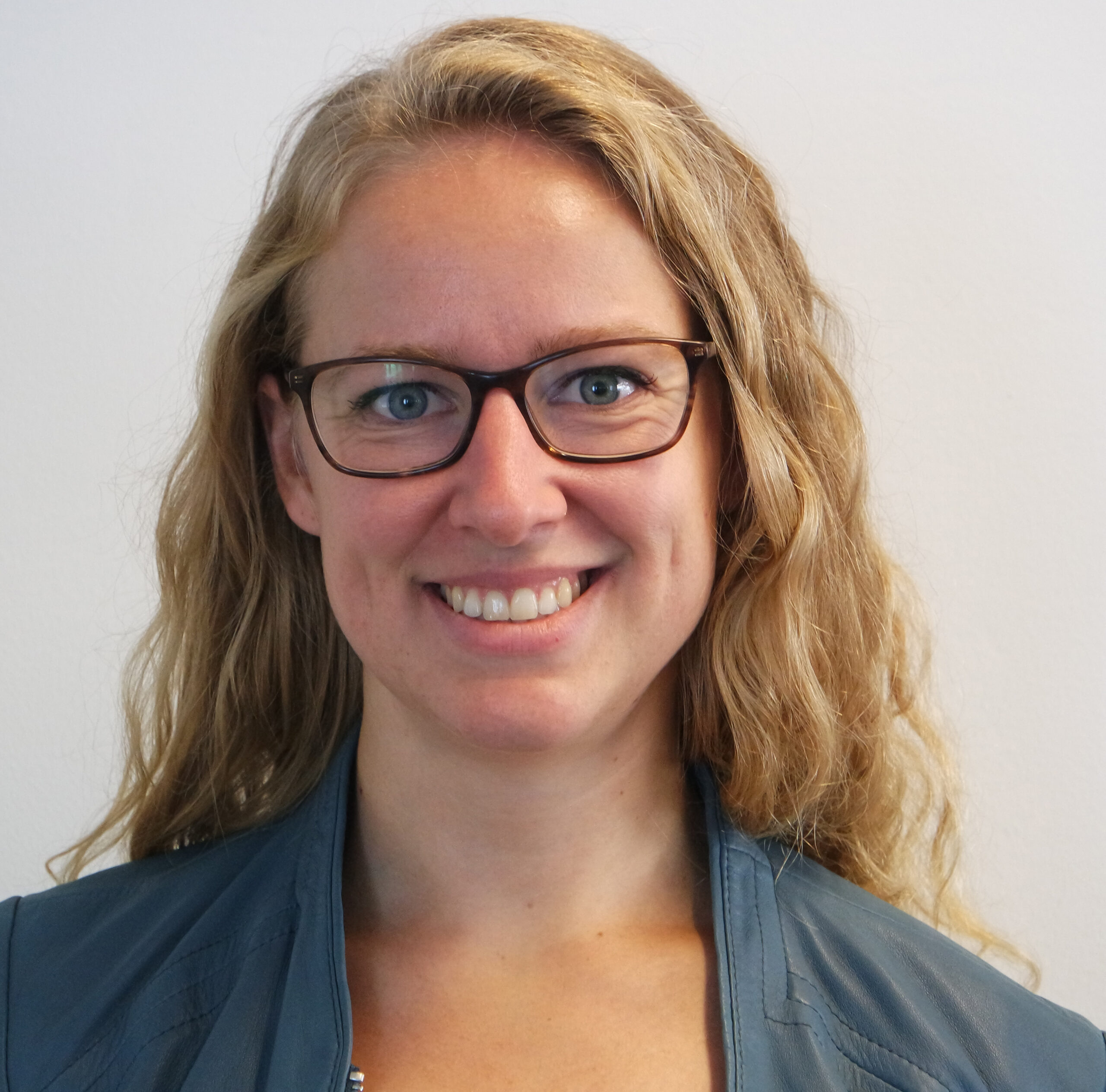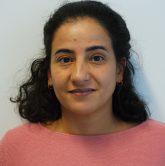Dialogue

At NIMD, we believe that democracy starts with dialogue. We know from experience that when different political groups come together in dialogue – with each other, with civil society, or with their population in general – a country has a much greater chance of implementing reform, forging lasting peace, and cultivating a thriving inclusive democracy.
- Our Goals
- Our Approach
- Practical examples
- Our Collaborations
Our Goals
Through our dialogue initiatives, we aim to build trust, collaboration and consensus between political parties and other political actors. In addition, we foster political responsiveness and trust in state institutions by building connections between politicians and the people they represent.
At the centre of all our work on dialogue is trust-building. Whether we are combatting polarization by bringing people together across ideological divides; cultivating inclusive spaces where voices from across society can be heard on an equal footing; or encouraging consensus building towards new inclusive legislation – our work is based on one shared belief: That, by bringing people together in an open respectful setting, we can enhance the trust which underpins a strong democratic culture.
Today, we believe our dialogue work is more crucial than ever, as we see a worldwide trend towards shrinking democratic space, with more single party dominance, and a weakening of opposition forces. In these contexts, NIMD’s dialogue platforms provide safe spaces where all political and civic actors can express their views. This is crucial for democracy as it ensures diverse perspectives are considered in decision-making processes.
Our Approach
What makes our dialogue work?
Dialogue is a very particular form of communication, based on mutual respect, active listening and consensus building. While negotiation or debate aims to highlight differences, dialogue builds trust by guiding its participants towards common ground.
What makes our political dialogue approach unique is our commitment to impartiality: we give all relevant actors a seat at the table with an equal voice. And all decisions are made on the basis of consensus, not by voting. For many dialogue participants, this is a big change from parliament or other political institutions. By allowing everyone an equal voice, we encourage the participants to build trust across ideological divides.
Regardless of level of formality, structure or participants, each NIMD dialogue has certain things in common. For example, dialogues are owned by the participants – who take joint responsibility for the process and its results. They are responsible for making sure the dialogue process is sustained over time and has a lasting impact.
Learning across our network
The success of our dialogue is also dependent on our expert impartial dialogue facilitators. These skilled facilitators ensure that each NIMD dialogue intervention is responsive to the specific needs and goals of the people we work with, and sensitive to political dynamics in their country.
As they carry out their work in different contexts across NIMD programme countries, many of our facilitators face similar issues and challenges. That’s why NIMD has harnessed the power of its worldwide network, to set up the Baobab Network, an international network of facilitators of political dialogue.
The Baobab Network works to support more exchanges between dialogue facilitators, through training, mentorship, peer exchange and learning opportunities.
Our signature dialogue interventions
We have six signature dialogue interventions, which we deploy after extensive analysis and consultation with our target groups:
Political party dialogue
Our traditional dialogue intervention, in which NIMD or its partners facilitate a safe space for dialogue between representatives of political parties. These platforms meet regularly, but may have different goals; from building trust and collaboration over the long term, to a short-term intervention, to producing results regarding one particular issue, theme or piece of legislation.
Political Actor Dialogue
Similar in approach to our Political Party Dialogue, but these include parliamentarians, opposition parties not yet in parliament, government officials, caucuses, local government figures and Civil Society Organizations active in the political sphere.
Multi-stakeholder dialogue
Going beyond people directly involved in the political process, these dialogues gather diverse groups in society who have a stake in the political process. These can include unions, advocacy groups, protest movements, and businesses. Multi-stakeholder Dialogues are usually convened with a specific issue, goal or purpose in mind and take place over a designated time frame.
Intergenerational political party dialogue
These dialogues bring together young political party members with senior political leadership, across different political parties. As well as providing an important networking opportunity for young people, these dialogues also help to increase trust and mutual understanding; overcome stereotypes; and diminish polarization between generations in politics.
Informal Dialogue
Not all settings require a formal and structured dialogue platform with set parameters. For those occasions, NIMD or its partners can facilitate informal gatherings in which political or civic actors exchange ideas and build trust in a convivial and non-confrontational environment. There are no formal commitments, and the main goal is to build trust and lay the groundwork for future collaboration.
Dialogue Assistance
In cases where a government or other (state or civic) actors have set up their own dialogue initiative, NIMD is able to provide technical, logistical, and thematic support and expertise to help in the success of the initiative.
NIMD may choose to use one or many of these interventions within a programme, depending on the context in the country. Our constant monitoring allows us to evolve and adapt our approaches to ensure they remain impactful in often rapidly changing political landscapes. Whether it’s building hope through dialogue in Myanmar or identifying the need for intergenerational dialogue in Ethiopia, our teams are continuously strengthening and adjusting our efforts. This adaptivity ensures that our dialogue work responds effectively to the realities in each country.
Supporting inclusive legislation through dialogue
Inclusive democracy requires inclusive laws, which safeguard citizens’ equal opportunity to participate in elections.
Inclusive laws have an immediate positive effect on democratic systems. They can set in motion systemic changes to empower underrepresented groups and remove obstacles to political participation. Take for example electoral laws that include a quota system for women, youth or indigenous people. These boost the inclusiveness of elections and give these underrepresented groups a direct opportunity to influence political decision-making.
An important aim of our dialogue initiatives is to support the adoption of inclusive legislation. Our dialogue initiatives aim to build trust, collaboration and consensus between political actors and other stakeholders. By working together long-term, and really listening to each other, these groups can put forward new laws, regulations, and policy changes that work in the interests of the population in general.
NIMD also facilitates multi-stakeholder dialogues around legislative reform, bringing together political parties, Members of Parliament, Electoral Management Bodies and civil society.
And it’s not just about having the right laws on paper. In addition to our dialogue work, we work closely with Electoral Management Bodies (EMBs) to ensure effective implementation of inclusive electoral laws. For example, we help EMBs to plan their actions strategically in line with the election cycle, to ensure that their work is timely and effective.
Dialogue in fragile and conflict-affected settings
When a country faces security challenges, the political environment can become deeply polarized, creating significant divides. These divides often lead to a lack of trust among political actors, which can complicate efforts to resolve conflicts.
In the most conflict-affected settings, where trust is needed the most, NIMD’s strategies for political party dialogue become invaluable. Effective trust-building requires not only an understanding of the institutional context and the actors involved but also skilled diplomacy and expert facilitation.
Based on our track record and multiple years of experience in political dialogue at the highest levels, NIMD and its network of international facilitation experts and trusted local partners facilitate dialogue between opposing sides, investing in building political trust and forging lasting peace.
And the benefits can be seen worldwide. By enhancing peace and trust within countries, NIMD directly addresses the conflicts that contribute to global issues such as irregular migration and economic instability.
Practical examples
Meet the team
 Violet Benneker
Learning & Innovation Advisor
Violet Benneker
Learning & Innovation Advisor
 Salima Ahmadou
Programme & Knowledge Advisor West Africa
Salima Ahmadou
Programme & Knowledge Advisor West Africa

